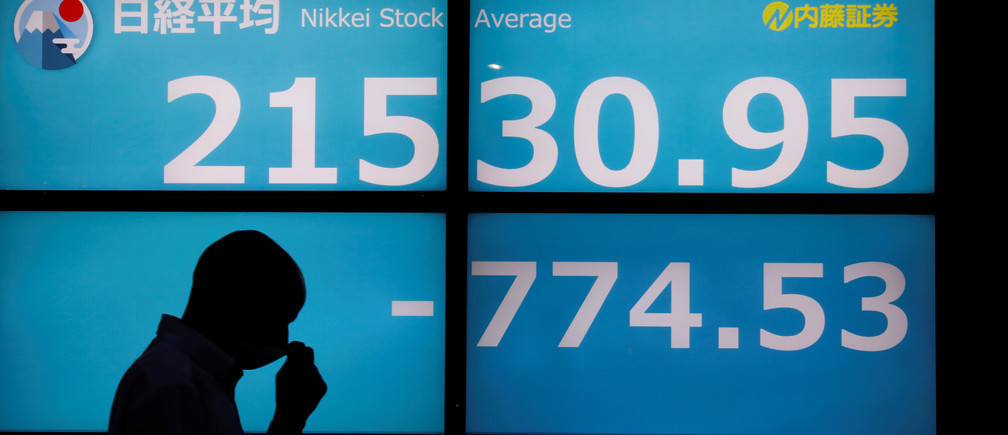
How can countries respond to the strong US dollar?
The US dollar is at its strongest since 2000. The weakening of many countries' currencies relative to the dollar has made their inflation fight harder.
First Deputy Managing Director, International Monetary Fund (IMF); Former Director, IMF's Research Department; Economic Counsellor of the Fund. Prior to joining the IMF, Ms. Gopinath was the John Zwaanstra Professor of International Studies and of Economics, Harvard University. Research focuses on international finance and macroeconomics. Co-Editor, “Handbook of International Economics”. Former: Assistant Professor of Economics, University of Chicago’s Booth School of Business; Co-Editor, American Economic Review; Managing Editor, Review of Economic Studies; Co-Director, International Finance and Macroeconomics programme, National Bureau of Economic Research; Visiting Scholar, Federal Reserve Bank of Boston; Member, Economic Advisory Panel, Federal Reserve Bank of New York; Economic Adviser to the Chief Minister of Kerala State, India; Member, Eminent Persons Advisory Group on G-20 Matters, India's Ministry of Finance. Elected Fellow: American Academy of Arts and Sciences; Econometric Society. Recipient: Pravasi Bharatiya Samman; Distinguished Alumnus Award, University of Washington. Named, among others: among Bloomberg 50 people who defined 2019; one of the Top Global Thinkers Foreign Policy, 2019; named among the Women who Broke Major Barriers to Become “Firsts”, Time Magazine, 2019. Young Global Leader, World Economic Forum, 2011. PhD in Economics, Princeton University; BA, Lady Sri Ram College; MA, Delhi School of Economics and University of Washington.
The US dollar is at its strongest since 2000. The weakening of many countries' currencies relative to the dollar has made their inflation fight harder.
Las autoridades económicas y los líderes empresariales se dirigieron a Davos en un momento en que la economía mundial quizás esté confrontando el mayor desafío desde la Segunda Guerra Mun...
Los problemas de la cadena de suministro, la pandemia en curso y la inflación. ¿Seremos capaces de recuperar el rumbo? Estos esfuerzos globales podrían ser la solución.
Supply chain problems, the ongoing pandemic, and the rampant inflation. Will we be able to get back on track? These global efforts could be the solution.
With inflationary pressures intensifying and Omicron generating new uncertainties, monetary policymakers are facing new and challenging tradeoffs globally.
Supply chain disruptions, climate change, global economic policies and vaccine accessibility are all factors that will affect the COVID-19 recovery.
Disparities in vaccine access and policy support in different countries is creating a divide between more advanced economies and less advanced economies.
National policies and strong international support are needed to close the growing gap of inequality, writes the IMF's economic counsellor Gita Gopinath.
The International Monetary Fund's latest World Economic Outlook forecasts global growth of 6% this year - an upgrade on January's figure.
IMF economist Gita Gopinath reflects on the factors affecting the projected recovery and recommends four policies to make it inclusive, resilient and green.
Es vital que la política fiscal se mantenga flexible y se gestione adecuadamente hasta el final del Gran Bloqueo, escriben dos economistas del FMI.
It is vital fiscal policy remains flexible and is properly managed until the end of the Great Lockdown, write two economists from the IMF.
El FMI ha revisado sus previsiones de abril sobre los efectos económicos de COVID-19, pronosticando una recesión mundial mucho más profunda con un tiempo de recuperación más largo.
The IMF has revised its April forecasts of the economic effects of COVID-19, predicting a much deeper global recession with a longer recovery time.
En todo el mundo, los países están empezando a salir del bloqueo. A medida que el panorama económico comienza a ser más claro, el FMI detalla el impacto del coronavirus.













